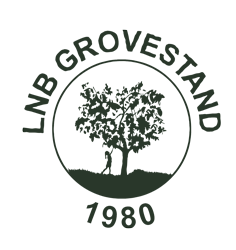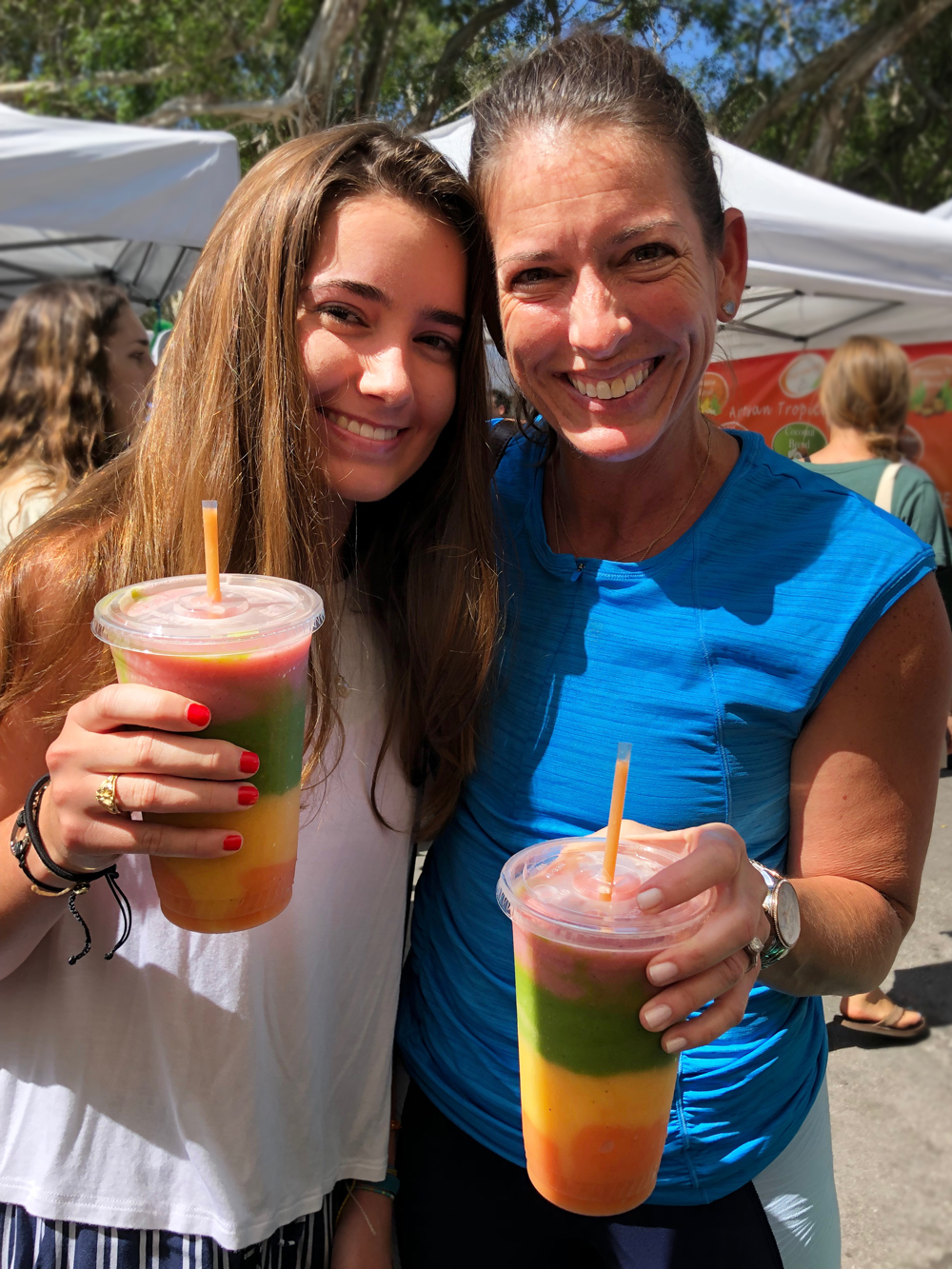
Diane
Name:
Diane Krieger
In what part of town do you live?
I live in Pinecrest.
How long have you lived in the area?
We moved to Miami in 1988. My husband says, ‘a wrong turn brought us to town.’ He missed a deadline to apply for a fellowship at the Massachusetts Eye and Ear Infirmary, where he had been promised a position. He didn’t apply, so they gave it to someone else. The only two good places in the country left were the University of Iowa and Bascom Palmer Eye Institute. It wasn’t a difficult choice to choose Miami. We came for one year and have stayed for 32 years.
Would you tell us a little bit about what you do?
I am an endocrinologist, which means that I take care of people who have problems having to do with endocrine glands. Endocrine glands are tissues that make hormones. I take care of a lot of hormone problems, diabetes, thyroid problems, osteoporosis, pituitary, and adrenal gland problems.
What do you enjoy most about it?
I like thinking through the puzzles of how to make sense of what is happening.
Would you share an example of a puzzle?
People might come to me having seen other doctors who draw blood tests, for reasons that are not always clear to me, and some of the tests come back abnormal yet people do not have symptoms of the abnormalities. Many times, on questioning, I’ll find out that they’re taking medications that could influence levels of the hormone without influencing the hormone’s function. Figuring out that they actually have abnormal blood tests, but not a problem, I can reassure them and tell them that there is nothing wrong, which is very gratifying.
How has diabetes changed since you started practicing?
Type Two diabetes is much more at the forefront of consciousness and it is much more common because obesity is much more common. In Type One diabetes, we have many groundbreaking computer derived assets that we can deploy like pumps and sensors that read the glucose and pumps that deliver the insulin. And, the current medicines that we use are completely different from the time I began. I don’t think there’s a single medicine that I use now that was available when I started.
What do you enjoy doing outside of work?
A lot of things. I love to exercise. During the pandemic, I’ve very much enjoyed getting to know my neighborhood and becoming familiar with a lot of the trees and birds and animals. I love dancing. My husband and I are ballroom dancers. I love Israeli folk dancing. I am studying Spanish and Hebrew and trying to master both, not quite successfully yet in either one. I love the New York Times Spelling Bee puzzle. I couple my walking and my reading by listening to audio books. I just finished one today called, Bad Blood, which was really good about Theranos. I like spending time with my family and my adult children.
How did you begin ballroom dancing?
My husband and I had a fight at a party because I was trying to boss him around a dance floor. We left the dance floor because we couldn’t agree on what to do, because neither of us knew anything. So, I got him a gift of a single dance lesson with me. That was 15 years ago. And that led to lesson after lesson, after lesson. The thing I didn’t understand at the time was that in ballroom dancing, the man is in charge. It’s sort of the last bastion of gender inequality. I didn’t know anything about this.
How has ballroom dancing improved your relationship?
First of all it’s a really fun thing to do together. We’ll accept any invitation to any party that has music. With regard to our communication, it’s given us another dimension. Our verbal communication was always good, but now it’s a signaling communication. And, sometimes we use it as a focus when we travel. We try to find music in whatever city we’re in and go dancing.
Are there any good local ballroom dancing resources that we should know about?
We have a wonderful local teacher in Kendall. His name is Mark Reed. We love taking lessons from him.
You’ve been connected with the Ellenbys for many years and my family as well. Would you share about those connections?
My daughter, Hannah, who was born in Miami a few weeks after we moved here, became best friends with Jody Ellenby in middle school. They’ve remained very dear friends to this day. LNB Groves was a major influence on my daughter’s educational life because she became so interested in agriculture, she majored in environmental sciences. Your mother is a wonderful Israeli dancer. We’re part of a small troupe of dancers that, before the pandemic, met every week for years.
When you come see us at the market or our drive through, what are you picking up?
I love the Rainbow Smoothies. I’m sure everybody says that. I love your guacamole – when the avocados are in season. What I love about the Rainbow Smoothie is I think it’s a really great vehicle for people to appreciate fruits that they don’t have access to or aren’t familiar with. A lot of my work is trying to encourage people to eat fruits and vegetables. The Rainbow Smoothie is a beautiful way to introduce vegetables and fruits to children who might be intimidated by eating the fruit itself.
What restaurants do you enjoy going to?
Truthfully, we don’t like going to restaurants. I like the farmer’s market because I like supporting local farmers and buying fruits and vegetables to cook with during the week. We make a lot of vegetables, salads, and greens. My husband and Hannah are also bread bakers.
(A+W – Hannah has been sharing her research on making bagels which has helped us so much in the development of our Turmeric Everything Bagels.)
What do you think is Miami’s best kept secret?
Your stand is one of them. Pre-pandemic, I used to love to go to the concerts outside of the New World Symphony in Miami Beach. And, I love Fairchild Tropical Garden.
What for you is a worthy splurge?
A private yoga class. I have a particular teacher that I work with online and she’s very biomechanically attuned and I love having her attention to move my elbow two millimeters to the right and what it will do to my shoulder blade. She’s gifted.
What community or philanthropic groups do you support that you might want to promote or share?
I’m on the board of Casa Valentina, which is an organization that takes young men and women who are homeless or formerly foster care children who age out and provides housing and wraparound social services so they can ultimately be self-sufficient. Right now, I’m on the executive board and the chair of the governance committee. One of the jobs in my portfolio is working on diversity, equity and inclusion on the board of the organization. And that’s been a really fascinating journey this year. I’ve learned a tremendous amount.
What question would you like to ask us?
(DK) I know you were once a jewelry designer and I can see some ways how your design sensibility plays out in your new business. How do you see the transition from jewelry design to food design?
(W) They are part of the same umbrella – design. To me, it doesn’t really matter what I’m designing, machines for the farm like the turmeric washing machine we’re using this week or a ring. Design for me is solving problems. The more complex the problem, the more fun it is to design. These days I’m not designing much jewelry, unless it’s significant pieces for friends. I’ve done three engagement rings for friends we’ve met at the Pinecrest farmer’s market.
(DK) What’s the process of figuring out what they want?
(W) I believe that people can’t describe what they really want, they only know what they’ve seen on the market so they describe what they’ve seen. Rather than talk about rings, my questions are what music do they listen to? What museums do they visit? What are their favorite stores. What keeps them busy? Through those questions, I get an idea of the parameters that need to be solved. Then I set out to design the missing piece.
(DK) It’s kind of like what I said earlier about what I like about my work is the puzzle solving.
(W) That’s exactly it. And the result can be something unexpected.
Is there a question, a challenge, or words of advice that you would like to pose to the community?
Our community needs to face our equity problems because they affect all of us. I’ve learned that I’ve looked at the world through a very narrow lens and that I need to broaden the way I see what’s of value.
Related Posts
Leave a Reply Cancel reply
You must be logged in to post a comment.



